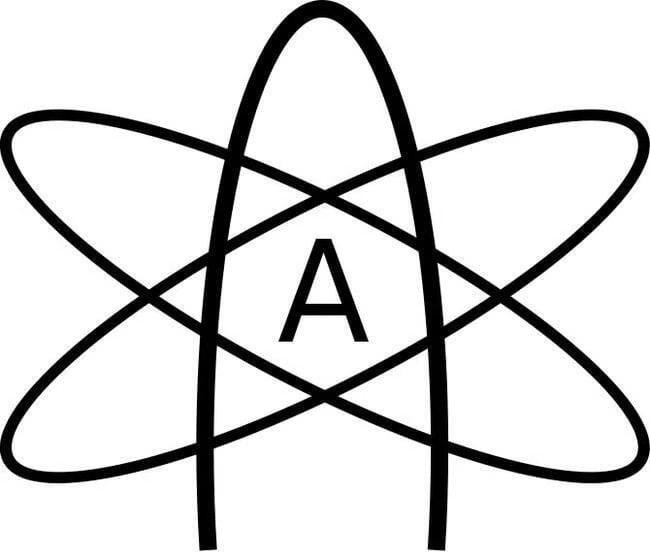The Definition Of Atheism, And Why It Is NOT A Belief

One of the common arguments from Christians is that atheism is a belief analogous to their own belief in God. The implication, of course, is that both are therefore equally reasonable. Unfortunately, the debate can’t even start without resolving the meaning of atheism > itself.
I don’t claim to be able to resolve this very complicated issue > in a single post, but I believe we as a community should standardize on one meaning. What follows is my idea of what that definition should be, along with my reasons for thinking so.
History + Practicality
Let me try and back that up a little bit. Consider the fact that atheism came after theism. It’s a response to people believing in something. It didn’t come about by itself. It’s not something on its own; it’s the lack of something. That something is belief.
To view atheism as a belief in itself would require us to create many other such words to describe other "positive non-beliefs". Dragons, for example. If we are to subscribe to the atheism as a belief concept then we’re going to need to explicitly label those who don’t believe in dragons. Oh, and the Easter bunny too.
Who would go around actively disbelieving in the infinite number of things that are preposterous? Here’s one of my favorite quotes on the matter:
I don’t know who came up with that one, but here’s mine:
Beliefs are the same. You either have a belief in something or you don’t, and if you don’t then you simply don’t. It would be asinine to enumerate the trillions of things you don’t believe in and then consider those your beliefs. And that’s really what we’re being asked to accept with an "positive" belief model for atheism…that each ludicrous thing we come across must be actively disbelieved.
I just don’t think that’s the case, but I look forward to hearing from anyone who disagrees. I’d love to see another perspective on this.: